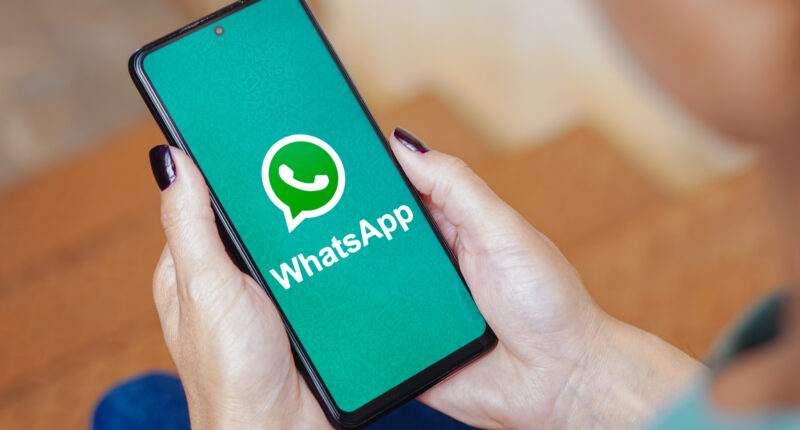AS the world’s most popular messaging service it’s no wonder hackers love going for WhatsApp.
Security experts for the app have introduced a number of measures to keep your account safe but sly fraudsters are constantly finding new ways in.
And they’re ultimately after one thing – money.
They don’t care if it’s yours or that of friends and family.
So how can you tell if your account is being snooped on?
Here are some key telltale signs worth being aware of.


New device on connected devices
WhatsApp Web is perfect or using your account via a computer to message friends.
But it also means someone could abuse it to see your conversations.
Fortunately, you can see a list of devices connected to your account.
If you see any unfamiliar ones listed, that could mean you’ve been compromised.
Most read in Phones & Gadgets
There is an option to log them out should this happen.
To have a look, open WhatsApp and go to Settings.
Tap Linked Devices.
Here, you’ll see a full list of devices that have access to your WhatsApp account.
Select any that are unfamiliar and tap the Log Out button.
Look out for strange changes to your account
If something odd is happening with your account, this could also be a sign someone is snooping.
This can range from your profile photo randomly changing, to messages being sent to friends that you didn’t write.
WhatsApp is slow
Slow apps can be an indicator of spyware being installed – something not exclusive to WhatsApp.
This is especially the case if other apps are working just fine.
What to do if you notice changes
If you’re convinced someone has access to your account when they shouldn’t, it might be a good idea to reset.


Ensure anything precious is backed up, like photos and videos.
Then uninstall and delete the app, and download and reinstall again.
Best Phone and Gadget tips and hacks

Looking for tips and hacks for your phone? Want to find those secret features within social media apps? We have you covered…
We pay for your stories! Do you have a story for The Sun Online Tech & Science team? Email us at [email protected]
This post first appeared on Thesun.co.uk











